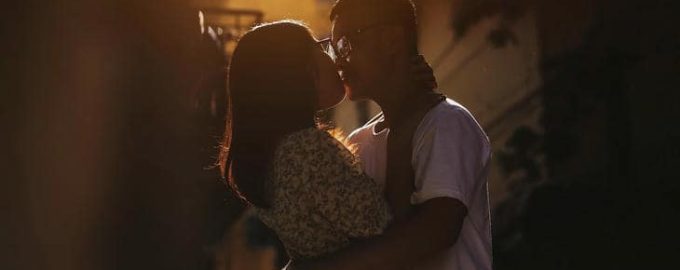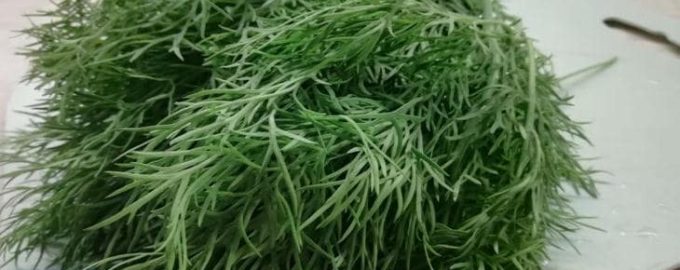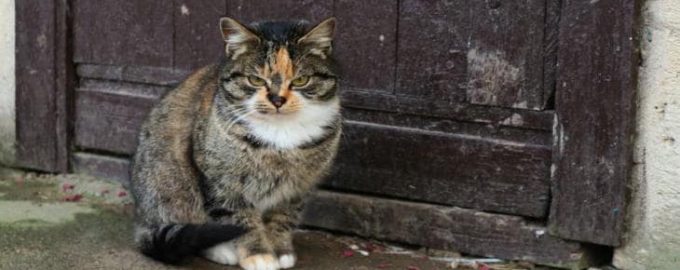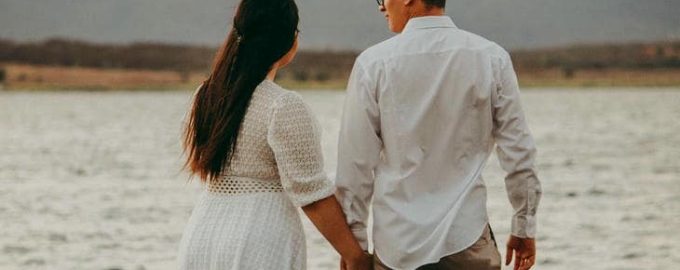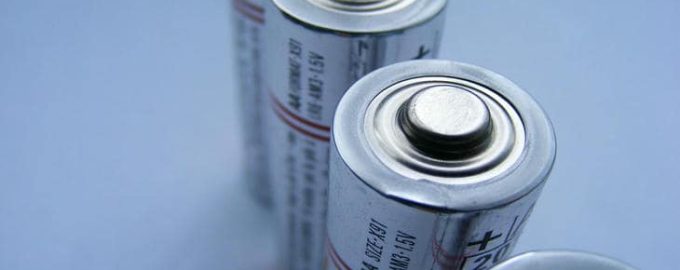Θα μπορούσε να είναι ο καφές στο κρεβάτι κάθε Κυριακή ή ο υποχρεωτικός περίπατος μετά από έναν καυγά. Ίσως μια ανόητη μυστική λέξη ή ένας ιδιαίτερος τρόπος για.
Κόβετε τον άνηθο ή τον βασιλικό με κοφτερό μαχαίρι για να εξοικονομήσετε χρόνο, αλλά αντί για έντονη γεύση παίρνετε μια ποώδη μάζα με πικρή απόχρωση.
Παίρνετε μια ωραία, ομοιόμορφη πατάτα από το ράφι, τη ζυγίζετε και πληρώνετε με το κιλό. Αλλά αν μετρήσετε όχι το βάρος αλλά τον αριθμό των κονδύλων στην ετικέτα.
Έχουμε την τάση να θεωρούμε τις γάτες μοναχικές, αλλά όποιος έχει ταΐσει αδέσποτα ζώα στην εξώπορτα έχει διαπιστώσει το αντίθετο: συχνά σχηματίζουν πολύπλοκες
Δεν μπορείτε πλέον να διακρίνετε πού τελειώνουν οι δικές σας επιθυμίες και πού αρχίζουν οι δικές του. Ακυρώνετε τα σχέδιά σας επειδή είναι “
Η μέθοδος καλλιέργειας πατάτας κάτω από άχυρο ή σανό φαίνεται επαναστατική, αλλά στην πραγματικότητα πρόκειται για επιστροφή σε απλές, σχεδόν ξεχασμένες
Μια στεγνή ή υγρή μύτη δεν είναι καθολικός δείκτης υγείας, όπως πολλοί άνθρωποι τείνουν να πιστεύουν. Η φυσιολογική υγρή της κατάσταση είναι αποτέλεσμα
Κλείνετε όλα τα παράθυρα για να διατηρήσετε τον φούρνο “κρύο”, αλλά για κάποιο λόγο η κοκκινωπή κρούστα της πίτας σας παραμένει ένα όνειρο.
Ένα τηλεχειριστήριο τηλεόρασης διαρκεί μια εβδομάδα και ένα παιδικό παιχνίδι μια μέρα. Αλλάζετε μπαταρίες, στέλνοντας τις “νεκρές”
Αγαπάτε και οι δύο τον κινηματογράφο τέχνης και την ορεινή πεζοπορία, αλλά μετά από ένα χρόνο έντονου ρομαντισμού, ανακαλύπτετε ότι μιλάτε εντελώς διαφορετικές

